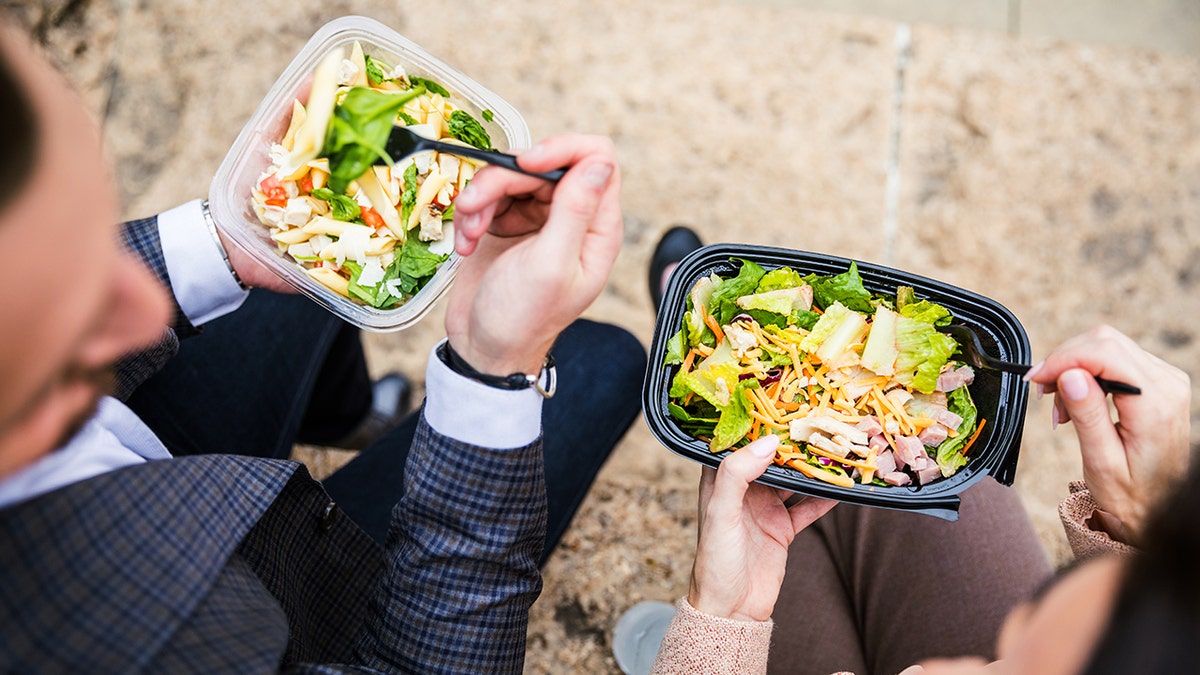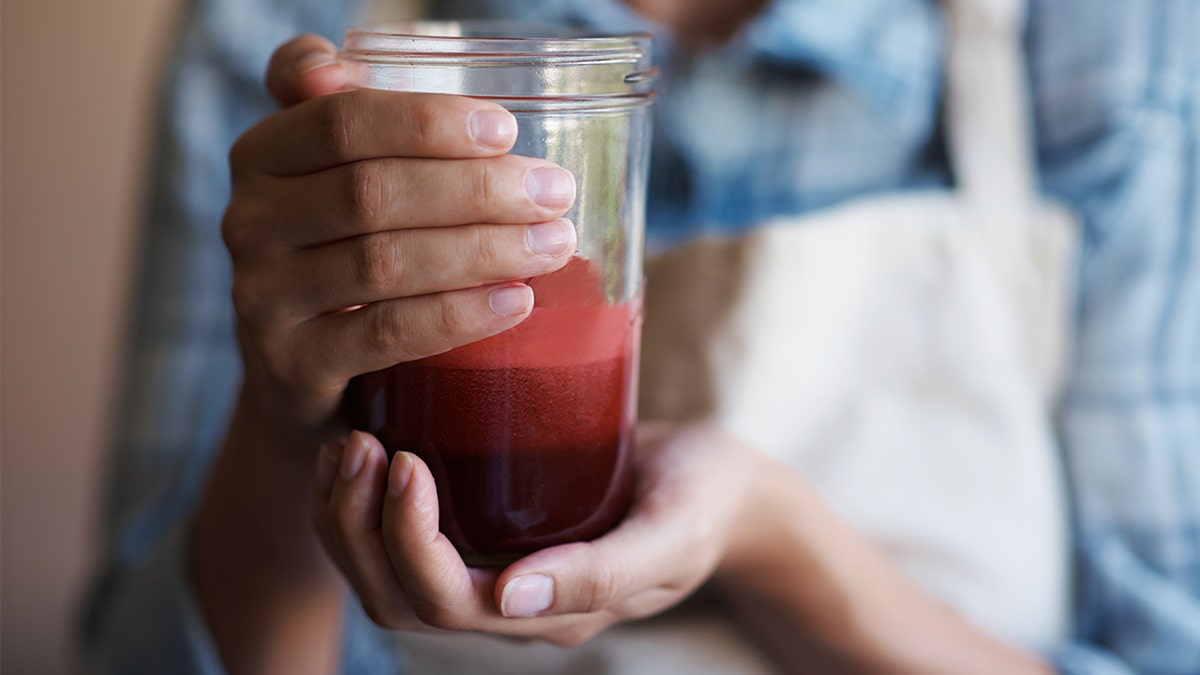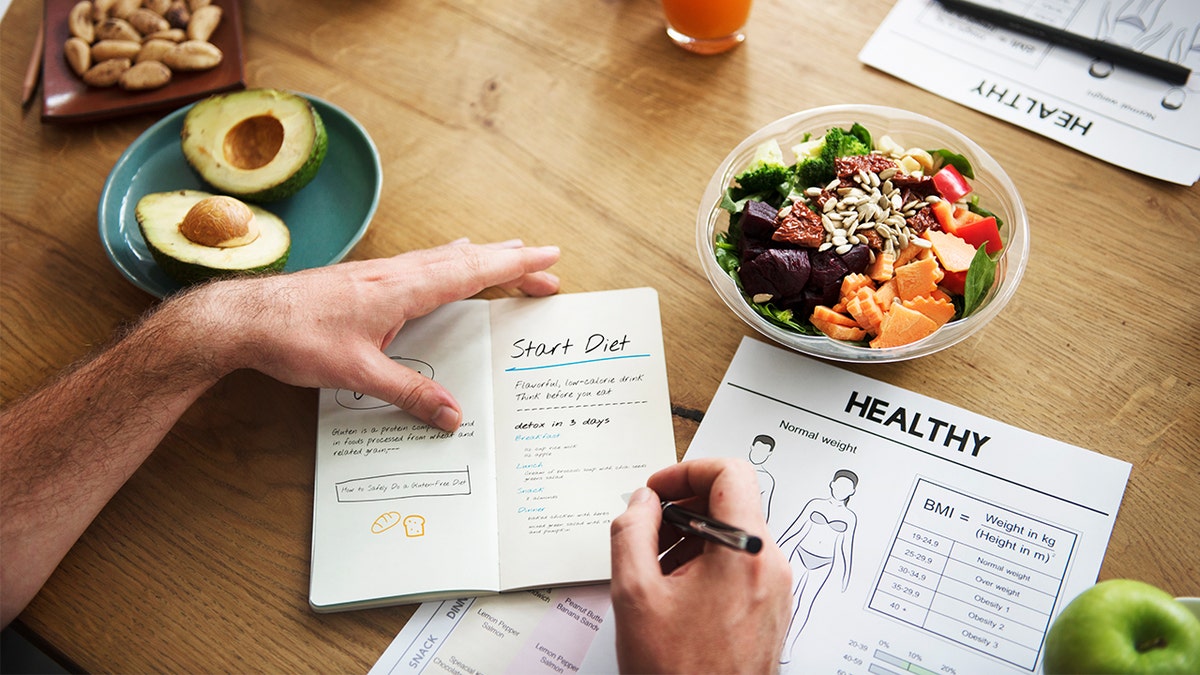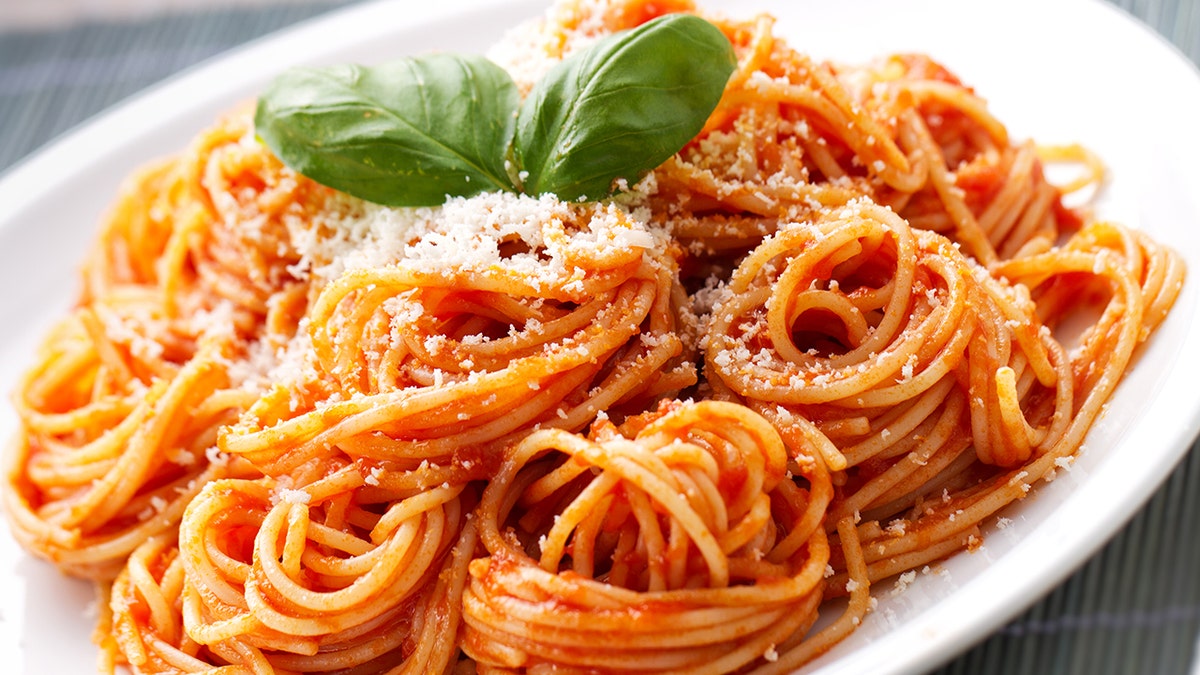
These five habits might seem healthy, but they're really not (iStock)
We’ve seen it one too many times: The girl who says one day she’s going to “get healthy!” and the next day she’s snacking on raw celery and eating a breakfast of plain cereal with skim milk. She might even go running every morning — and she hates running.
This kind of situation is unfortunate to witness — because she has no idea what she’s doing wrong.
Unfortunately, “healthy” habits like those aren’t helping her get healthy, and they aren’t sustainable. You’ve probably experienced something similar. Maybe you tried slashing back your calorie intake, or always said no to dessert. The odds are pretty high that you did it for about a week or two and then immediately fell back into your old habits.
If adopting these habits were actually a healthy move, you would start feeling better from doing them and you would start to want to. The real healthy habits might not be easy — in the same way that learning how to read isn’t easy. But then, word by word, habit by habit, you start to get it. You figure out just what works for you, and it becomes second nature.
In the meantime, so you know what not to do on your journey to a healthier lifestyle, these are some of the ‘healthy’ habits that really aren’t healthy at all.
1. Always ordering salad

(iStock)
Oftentimes, the salad is the perfectly healthy choice. However, restaurants tend to vary a lot in their definition of “a salad.” At some restaurants, the salads are absolutely loaded with fats and not much else — they might have dressing, nuts, cheese and fried garnishes. However, tons of fats with a tiny bit of greens don’t make a wholesome meal.
On the other hand, some restaurants have salads on the menu that look skimpy at best. Watermelon radish salad? Yeah, that’s not dinner. On your plate, you’ll likely get a half cup of fruit, some raw vegetables and maybe a sprinkle or two of cheese drizzled with vinaigrette. You’ll leave feeling unsatisfied and hungry.
If it’s your whole meal, a healthy salad will have a good balance of carbs (like grains, fruit or potatoes), protein and fats.
Often, a much healthier choice at a classic American-style restaurant is a grilled or baked piece of meat with some vegetables and grains. It’ll make for a much more filling, tasty and healthy main course.
2. Cleansing

(iStock)
Juice cleansing, “detoxing” with tea, or going on any other kind of cleanse for a few days is not a smart idea. In fact, there’s no need to detox at all, when our livers and kidneys naturally detoxify our bodies on their own. According to Ranit Mishori, a faculty member in family medicine at the Georgetown University School of Medicine, “Unless there's a blockage in one of these organs that do it day and night, there's absolutely no need to help the body get rid of toxins.”
So what do those cleanses do for you? Often, they put your body through a great deal of duress, whether it’s through disrupting the gut-friendly bacteria in your stomach, inhibiting the absorption of nutrients and medication, or putting you on a starvation diet.
3. Counting calories

(iStock)
“Calories in, calories out” is a myth. Not only are all calories from food not really the same — the body’s also smarter than that. Health can’t be quantified by a number. You’re never going to need some “standard” number of calories on any given day, and counting them (even loosely) can quickly snowball into an unhealthy obsession.
Judge your food intake based on your hunger and fullness cues. That’s what eating well for your body should be: Listening to its needs and responding accordingly.
More from The Daily Meal
Michelle Obama’s lunch habits are super relatable
10 eating habits to lower your blood pressure
9 guilty pleasures that are surprisingly healthy
To ace your next exam, eat fat first
4. Curbing cravings

(iStock)
The more you tell yourself you don’t want that slice of cake, the more you’re going to want it. It’s a psychological game you’re bound to lose.
A 2005 study showed that eating “junk” food in moderation actually generates healthier outcomes than restricting these foods entirely. Simply put: Eating chocolate when they want to actually helps people eat less chocolate. Participants who told themselves “no” when they craved it ended up eating way more chocolate later on — not so healthy a habit.
5. Cutting carbs

(iStock)
Carbohydrates, on the most basic level, are your body’s favorite source of energy. When you cut them out, it has to turn to its other energy stores — that’s the thought process that influenced dieters to think, “Cutting carbs will make me burn fat.”
This is a misconception. When your body doesn’t have the energy it needs, it’s going to use less energy and slow down its metabolism. Not only will you likely remain at a similar (or even higher) weight, but you’ll also probably start feeling lethargic, break out and have less effective workouts.
Stick to a nice balance of fruit, starches and complex carbohydrates for lasting, useful energy.
